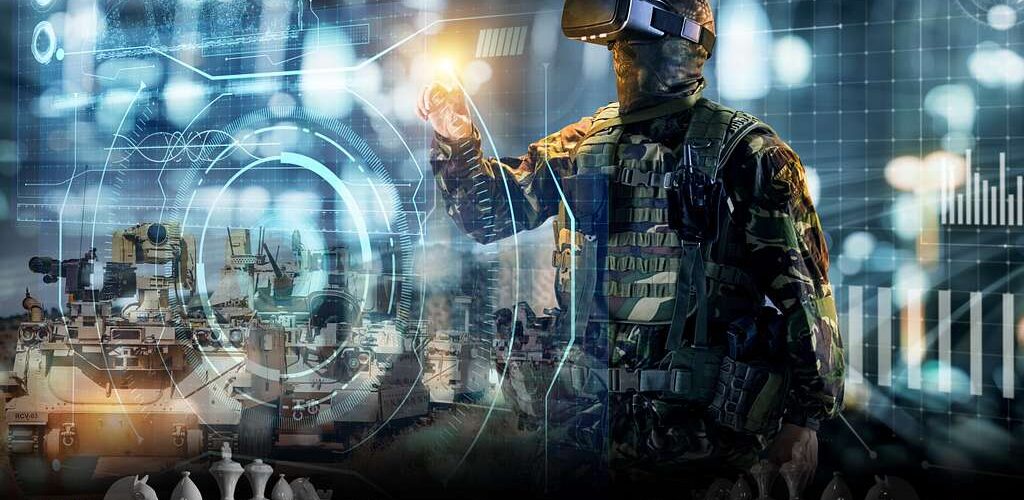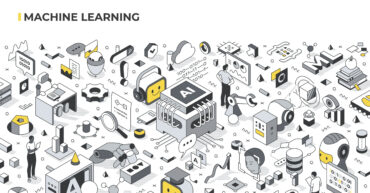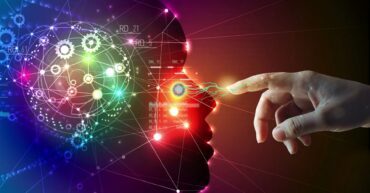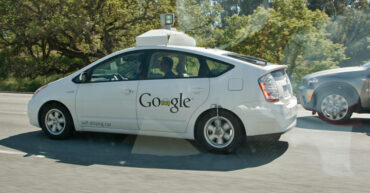Responsible AI — “AI for Good”
- November 27, 2024
- Posted by: Kulbir Singh
- Category: Artificial Intelligence Data Science Machine Learning

Responsible AI — “AI for Good”
- November 27, 2024
- Posted by: Kulbir Singh
- Category: Artificial Intelligence , Data Science , Machine Learning ,

In the current world, artificial intelligence (AI) has grown in strength and has the potential to revolutionize entire sectors and change how people live and work.
The creation and application of AI, however, must be ethical and accountable, just like with any other technology.
Responsible AI is a set of guidelines and procedures that guarantee the openness, reliability, morality, and accountability of the design, development, and application of AI systems.
When I was a kid, we used to write essays on “whether science was a blessing or curse” and the conclusion was “It is a truism that science can be both a blessing and a curse — a lousy master.”
While its benefits are immensely beneficial to us, its application in battle is extremely destructive and devastating. Actually, science needs to be applied for global peace and human pleasure.
AI is a branch of science that is going to have a big impact on society.
AI has the ability to significantly advance society in a number of areas, including healthcare, business productivity, and transportation safety.
AI, however, might potentially have detrimental effects on society and individuals if technology is not developed and used responsibly, including job displacement, loss of privacy, and a worsening of socioeconomic inequities.
Advantages & Danger
- AI has the ability to significantly advance society, particularly in sectors like industry, education, and healthcare.
- For instance, AI-powered medical diagnosis systems can aid physicians in making more accurate diagnoses and prescribing treatments, and AI-powered educational systems can tailor students’ educational experiences.
- Automation in the workplace that is powered by AI can help boost productivity, cut expenses, and improve safety in potentially dangerous situations.
- Society is also faced with various threats and difficulties with AI, particularly if it is not developed and applied responsibly.
- For instance, AI systems may potentially be used to manipulate people or reinforce prejudices, escalating socioeconomic disparities.
- Furthermore, if AI systems are used to gather or analyze personal data without proper consent, they could endanger people’s security and privacy.
- However, as AI develops, there is a risk that it may be exploited to develop autonomous weapons or launch cyberattacks on vital infrastructure, posing a serious risk to national security.
The importance of responsible AI
From healthcare and education to transportation and economics, artificial intelligence has the potential to drastically better our lives. Yet, AI also has the risk of doing harm, particularly if it is not created and applied appropriately. For instance, a hiring AI system that is not intended to prevent bias may discriminate against particular groups of people.
Similar to this, a medical diagnosis system driven by AI that is opaque about how it derives its recommendations could lead to incorrect diagnoses and harm to patients. It is essential that AI be created and used properly in order to reduce these risks and guarantee that the advantages of AI are exploited. To ensure that AI systems are just, impartial, and respectful of human values and rights, as well as to reduce the possible harmful effects of AI on society and the environment, responsible AI is crucial.
Guidelines for ethical AI
Responsible AI is based on a number of principles. They consist of:
Transparency: AI systems should be developed and designed in a transparent manner, with detailed explanations of how they operate included in the documentation. This makes it possible for human inspection and intervention if needed and ensures that the decision-making processes of AI systems are transparent and understandable.
Fairness and nondiscrimination: AI systems shouldn’t target specific people or groups based on characteristics like age, gender, color, or religion. This necessitates the creation of AI systems that are tested for their potential to damage certain groups of people while also being intended to identify and prevent bias.
Privacy and security: AI systems should safeguard personal information and uphold data security. This includes making sure that data is gathered and handled in accordance with pertinent data protection laws and regulations and respects the privacy of individuals.
Accountability: AI systems should be held responsible for their decisions, actions, and results. This entails making certain that AI systems can be examined and assessed for their effects on particular people and society at large. AI systems should be created to allow for human oversight and involvement, especially in situations where decisions must be made quickly. This is crucial in circumstances where the results of an AI decision could have a big impact on people or society as a whole.
Social responsibility: While designing AI systems, society, and the environment should both be taken into account. This necessitates a broader viewpoint on the creation and application of AI as well as a dedication to making sure that it is created and applied in a way that benefits society as a whole.
A stakeholder’s role
Collaboration amongst a variety of stakeholders, such as researchers, politicians, business executives, and civil society, is necessary for responsible AI. Researchers must play a significant part in designing AI systems that adhere to these principles, and policymakers must adopt rules and guidelines that support ethical AI research and application. While civic society can hold these stakeholders accountable for their activities, industry leaders can make sure that their AI systems are ethically built and operated.
Conclusion
To make sure that AI is created and applied in a way that benefits society as a whole, responsible AI is crucial. We can make sure that AI systems are dependable, moral, and accountable by adhering to the values of transparency, equity, privacy, security, accountability, human oversight, and social responsibility. To guarantee that AI is created and applied in a way that optimizes advantages while reducing risks, it is the duty of all stakeholders to collaborate.
A Large Language Model (LLM) is a type of deep learning model trained on massive text datasets to understand and generate human language.
Humans and artificial intelligence (AI) have been contrasted and compared frequently.Some worry that AI will drive people out of many professions, while others argue that AI will never fully replace human intelligence and creativity.
Autonomous vehicles, also known as self-driving cars, are like smart robots that can drive themselves without a human driver.



